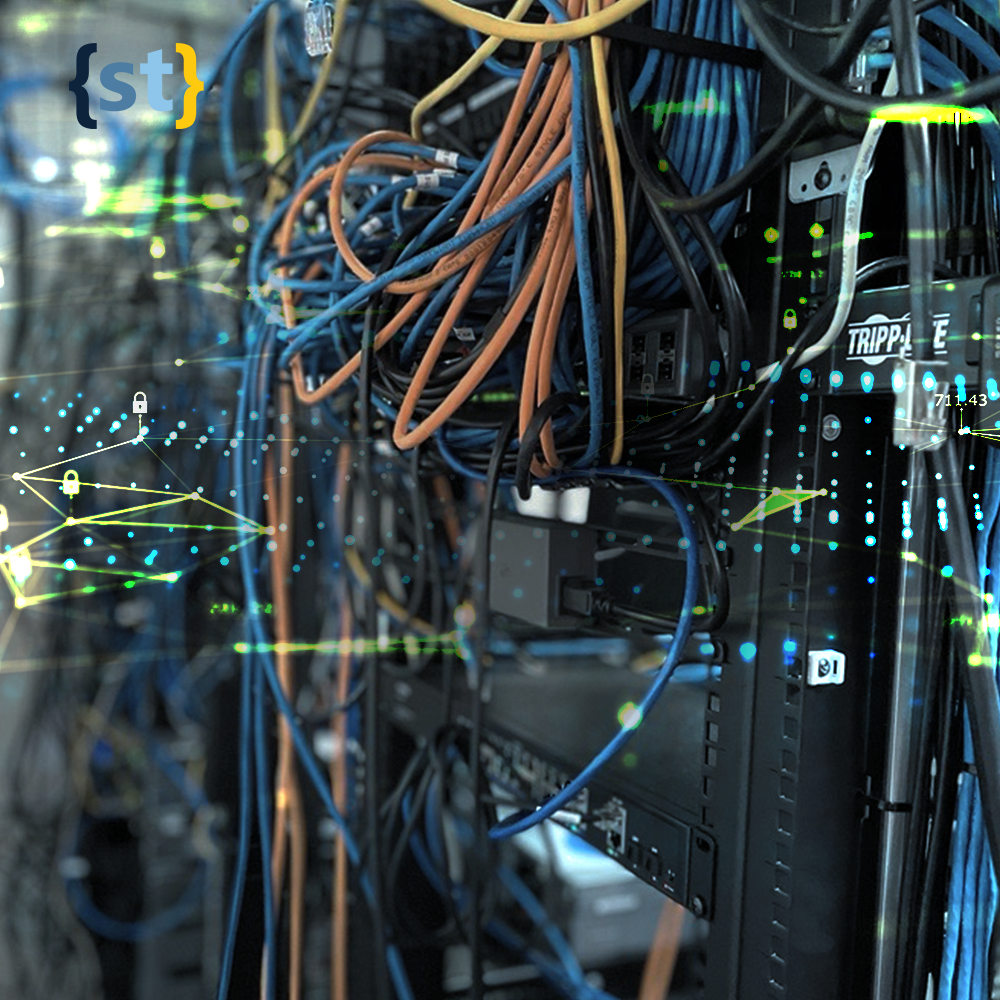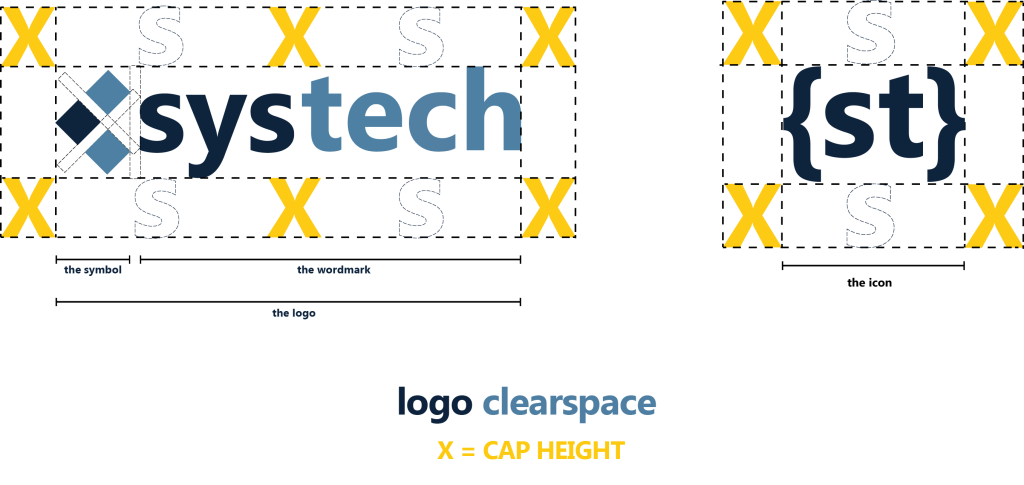- January 23, 2021
- Systech Consulting
Is it really time to Upgrade?
If you feel like you just can’t keep up with the release of new technology, you aren’t alone. It can often appear like things such as new phones or upgraded hardware are released monthly, making it seem impossible to keep up with the fast pace of the technology industry.
But are all technology upgrades a requirement? It can depend on the device, but most of the time no. New smartphones come out regularly and offer new and faster hardware, but that doesn’t mean your older phone has become obsolete. In fact, a smartphone can last for several years before ever needing to be replaced.
However, better performance isn’t the only thing newer technology can offer. When it comes to software, hardware, and computer systems, security can be an extremely important part of what an upgrade can offer. With hackers and cybercriminals continuously trying to find ways to exploit your data, it can be vital to keep your IT solutions up to date.
So should you upgrade or keep your old technology? Let’s take a look at some of the advantages and disadvantages of what different technology can offer.
Advantages of Updated Technology
For most businesses it seems like an IT department’s budget can continuously grow exponentially and requires an endless stream of equipment to operate. With the fast pace of technology and the constant push to stay up to date and compatible, it’s no wonder that people can look at IT solutions as a black hole that simply sucks money in. But what is all of that capital expenditure getting you?
Data Safeguard and Cyber Security
In today’s world almost all businesses use and store data. This can include a wide variety of data from confidential client information, trade secrets, manufacturing processes, and even ordinary word documents. Protecting this data is extremely important to your business, and the benefits range from liability issues, to the preservation of a competitive advantage.
Cyber criminals are always looking for ways to exploit vulnerabilities in the software and hardware of your business to obtain data so that they can sell or use it maliciously. Keeping your technology up to date is one of the best ways to protect against these attacks, and ensure that your cyber security is at the top of its game all of the time.
Safeguarding your businesses data and information is a vital part of operating a successful business. Not only will your clients feel more at ease knowing their information is secure, but you won’t have to worry about the disruption a data breach can cause.
Performance of Old and New Technology
One of the biggest effects new technology provides is an increase in performance and stability. The performance increase will differ depending on the type of hardware being upgraded, but overall your equipment will operate faster, smoother, and more efficiently.
If you are considering upgrading the workstations in your office, performance increases are mainly going to be related to how fast the computer can process the work it’s required to do. If the computers are primarily being used for email and word documents then the reality is that you probably don’t need to worry about the performance too much, although newer technology will still offer better security and protection.
However, if your workstations are being utilized for graphics design, video rendering, CAD, or other resource intensive tasks, then the computers are considerably more performance dependent. Ensuring your employees have high performing workstations will cut back on the downtime that often comes when having to wait for a computer to process tasks.
Server hardware is another performance dependent piece of hardware that offers great benefits when kept up-to-date. Servers are an integral part of most modern businesses, and the performance and speed that they operate at can affect a wide range of things. Servers are often tied to core pieces of your business infrastructure, so upgrading the server hardware and software can cascade a number of performance improvements throughout your IT systems.
Compatibility
The last advantage on the list can also technically be a disadvantage depending on your other hardware and interfaces. Compatibility issues can be a big problem in technology, whether it’s certain systems not able to communicate with each other, older and newer versions unable to share data, or technology growing so old it doesn’t know how to integrate with newer hardware.
Keeping your hardware up-to-date is a great way to stay compatible with new programs and hardware as they come out. Letting your IT systems grow old and out-of-date will eventually catch up with you. Upgrading old hardware can end up costing considerably more when it begins to fail and you can’t find anything compatible with your ancient tech.
Disadvantages of Updated Technology
While there is a load of positive improvements updated technology can offer, there are also some downsides that might give you pause when considering whether to upgrade or not.
Budgetary Restrictions
The most obvious downside is that upgrading your IT systems requires money, and usually a considerable amount of it. However, as larger companies are beginning to realize the ROI new technology can offer, IT budgets have been slowly increasing to allow for upgrades and system updates. IT system upgrades can be expensive, but having a broken or inefficient system can cost you even more money and time.
Finding a balance between keeping your IT systems up-to-date and going over budget can be difficult, but it’s no different than establishing a budget for any other department. There are ROIs to account for, liability concerns, and even risk factors that can add or detract value.
Utilizing a dedicated IT management company can go a long way in providing good information on the expenses you might face, as well as what kind of return you might expect on certain pieces of equipment. They will understand the problems you are facing and can help assist in finding cost effective alternatives.
Companies like Systech Consulting are experts in maintaining and managing IT infrastructure and can help upgrade and maintain your systems. Using a dedicated IT firm can help relieve some of the strain on you or your IT department, and provides an outside look on how your IT systems might be better utilized.
Don’t Stop Here
More To Explore

Enhancing Business Success: Your Ultimate Guide to Building a Robust Communication Infrastructure with Voice Services
Read More »



